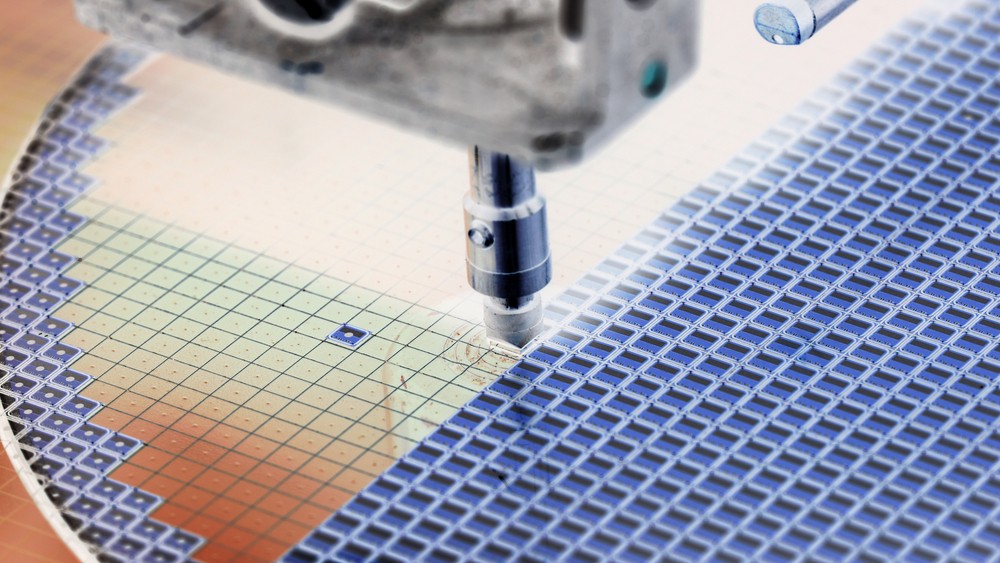A Closer Look at the CHIPS Act and Its Impact on Manufacturing

Semiconductor supply chains have been in turmoil for the better part of two years, with few signs of improvement ahead. Asia’s monopoly on semiconductor foundries has created a bottleneck for the world, with rippling effects for producers across virtually every industry. Semiconductors are nothing short of an essential commodity, and with the recent passage of the CHIPS Act through the U.S. House of Representatives, they’re going to be treated like one very soon.
Checking in on the CHIPS Act
Congress passed the CHIPS Act in early July 2022, with provisions to improve semiconductor design, research, and manufacturing in the U.S. Not only does this fortify America’s chip supply chain — which had shown cracks even before the pandemic added excessive strain — it also reinforces the economy and national security.
Once President Biden signs the bill, it will allocate $52 billion in funding for domestic semiconductor manufacturing. With passage of the CHIPS Act, Congress has come together to address one of the major manufacturing challenges of our time. Bolstering domestic semiconductor production delivers a huge win for the country that is set to positively affect the U.S. economy for decades to come.

Investing in semiconductor production
An investment in domestic semiconductor production is a boon for tech manufacturers seeking to expand their foothold within the market.
The CHIPS Act is set to provide billions in subsidies to encourage chip manufacturers to build and expand U.S. semiconductor fabrication plants. In doing so, the Biden administration and Congress hope to incentivize chip manufacturers to increase production that lessens dependence on traditional EMEA (Europe, Middle East, Africa) producers. The ultimate goal is twofold, to alleviate the foundry bottleneck while bringing a critical supply chain closer to home.
The passage of the CHIPS Act will also bring an influx of manufacturing jobs back to American shores, where a reliable source of semiconductor chips is necessary. In creating a more stable chip supply chain, the CHIPS Act will create tremendous opportunity for strengthening domestic production partnerships.

The future of semiconductor production?
The CHIPS Act is a long-term, forward-looking piece of legislation. It’s a step in the right direction when it comes to stabilizing the chip supply chain — but it’s not perfect. While we might not see an improvement in the semiconductor chip supply chain immediately, it does point to a better future. Chip factories set to be subsidized by the bill won’t be complete for years, likely long after the current shortage ends. Nevertheless, it’s a great first step in helping American producers catch up to overseas chip manufacturers.
Above all, it’s clear the U.S. government has begun to take serious steps in treating semiconductor chips as a critical commodity. There’s an increasing likelihood that, in the same way it creates reserves for oil or moderates the import and export of steel, the government will soon make semiconductors a critical part of economic stability. That starts with the CHIPS Act.